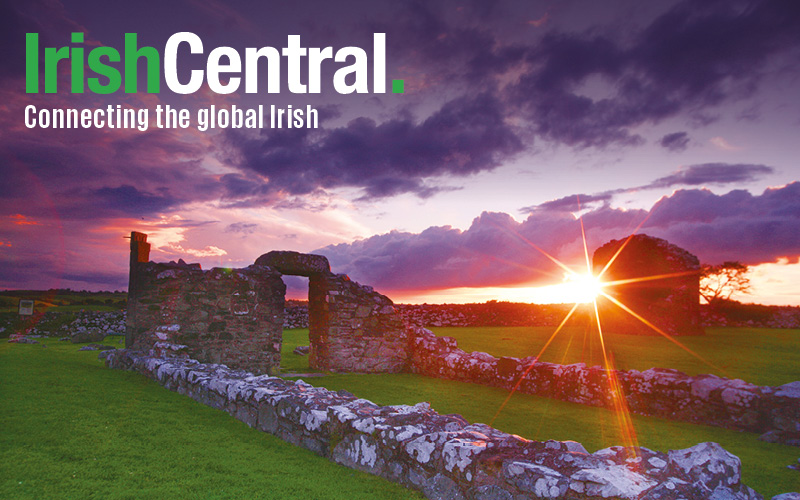Very soon, any day now in fact, Tara Hill in County Meath, the seat of our old High Kings, will resound to the sound of modern Ireland. But this time it won't be the civilizing sound of an Irish harp, a magical instrument that seems to speak to the deepest part of your own being, it won't be music that's heard at all, it'll be the sound of Toyota's and Mazda's and Fords bombing down the four lane M3 motorway we're building though our history and our heritage.
"The harp that once through Tara's Halls the soul of music shed…" Almost every Irish person knows Thomas Moore's famous opening line. But, strange to relate, few enough of us think of the line that follows it: "Now hangs as mute as Tara's walls as if that soul were fled…"
It takes some thinking about, this disgraceful, foolhardy action. Which is why so many aren't doing it, I suppose. There's no doubt that a plan to ease congestion between Navan and Dublin is needed. But the needs of the moment, for many, are outweighing the considerable claims of the past and the future.
Seamus Heaney, a Noble Prize winner, and a man who knows a thing or two about Irish history and heritage, called the decision to build a motor way through the Hill of Tara what it manifestly is: "vandalism." The poet Thomas Moore would have wept to have heard about what we're doing. And another Irish poet, the greatest of them all, W.B. Yeats would have sighed with weary recognition.
Yeats more than any other Irish poet identified a fatal strand in the Irish character, an impulse to sell off our future for a gain of the moment. He wrote about it many times, in indelible lines, appealing to our wiser natures whilst privately fearing the worst:
"Was it for this the wild geese spread
The grey wing upon every tide;
For this that all that blood was shed,
For this Edward Fitzgerald died,
And Robert Emmet and Wolfe Tone,
All that delirium of the brave;
Romantic Ireland’s dead and gone,
It’s with O’Leary in the grave."
In biblical terms, which is one of the ways in which Yeats thought, this motorway through the Hill of Tara (the very name should warn you off it) would be called trading your birthright for a mess of pottage; the exchange of something immediately attractive for something more distant and perhaps less tangible but in the last analysis infinitely more valuable.
The ancient Irish knew how to listen to their poets. What are they telling us now? They're telling us that Tara is not just a place, it's a talisman, a ceremonial and mythical capital, its very name invokes the spirit and mystique of our people.
The trade-off, a relief motorway now for inestimable damage to our past and future, is laughably slight. No wonder 70 percent of people polled in an independent study said they wanted the road rerouted out of the Tara valley.
But I have no doubt it will be done. That part of our nature that fetishizes pragmatism scoffs at the highfaluting desires of our hearts – until it's too late, that is. I have no doubt that one day our sons and daughters not yet born will write poems and songs about the needlessness damage we did to the Hill of Tara and to ourselves.
And sure what could be more Irish than that?




Comments